Estimated reading time: 3 minutes
Table of contents
In a groundbreaking development, Chinese scientists have engineered a water-based battery boasting nearly double the energy density of conventional lithium batteries. This innovation holds immense promise for revolutionizing the landscape of electric vehicles (EVs) and beyond.
Advancing Battery Technology
Traditionally, lithium batteries have served as the gold standard in energy storage due to their high energy density. However, the reliance on non-aqueous electrolytes has posed significant safety concerns, given their flammability.
A Safer Alternative Emerges
Chinese researchers at the Chinese Academy of Sciences (CAS) have introduced an iodine and bromine-based aqueous battery to address these safety risks. This innovative battery exhibits an impressive energy density of 1200 watt-hours per litre (Wh/L), a substantial leap from the 700Wh/L of traditional lithium batteries.
Safety Takes Center Stage
Notably, the aqueous battery offers enhanced safety compared to its non-aqueous counterparts, mitigating the risks associated with flammability. This attribute marks a pivotal advancement, particularly in applications where safety is paramount, such as electric vehicles.
Unlocking New Possibilities
The stability and high energy density of the water-based battery pave the way for diverse applications, extending beyond stationary energy storage to encompass electric vehicles and beyond. This breakthrough underscores the potential of aqueous batteries to reshape the future of energy storage.
Overcoming Energy Density Challenges
Historically, aqueous batteries have grappled with lower energy densities, limiting their viability for widespread adoption. However, the innovative electrolyte developed by the research team overcomes this hurdle, offering a compelling solution with unparalleled energy density.
Pioneering Research Yields Promising Results
Through rigorous experimentation, the researchers demonstrated the viability of their aqueous battery, achieving over 300 cycles of charging and discharging with an impressive 78% energy efficiency. Moreover, utilizing a vanadium anode extended the battery’s life cycle to an amazing 1,000 cycles, showcasing remarkable stability.
A Glimpse into the Future
The findings of this pioneering research hold profound implications for the future of battery technology. With energy densities surpassing solid electrode materials, aqueous batteries emerge as a cost-effective alternative to traditional lithium batteries, offering a compelling option for grid-scale energy storage and electric vehicles alike.
Collaborating Towards Success
As the global race for EV battery supremacy intensifies, collaboration between industry and academia emerges as a driving force. By fostering synergy and knowledge exchange, China stands poised to lead the charge in ushering in a new era of high-energy-density aqueous batteries.
In conclusion, the advent of high-energy-density water-based batteries represents a significant leap forward in battery technology, offering a safer, more efficient alternative to traditional lithium batteries. With continued innovation and collaboration, the potential for aqueous batteries to reshape the energy landscape remains boundless.
Related Posts



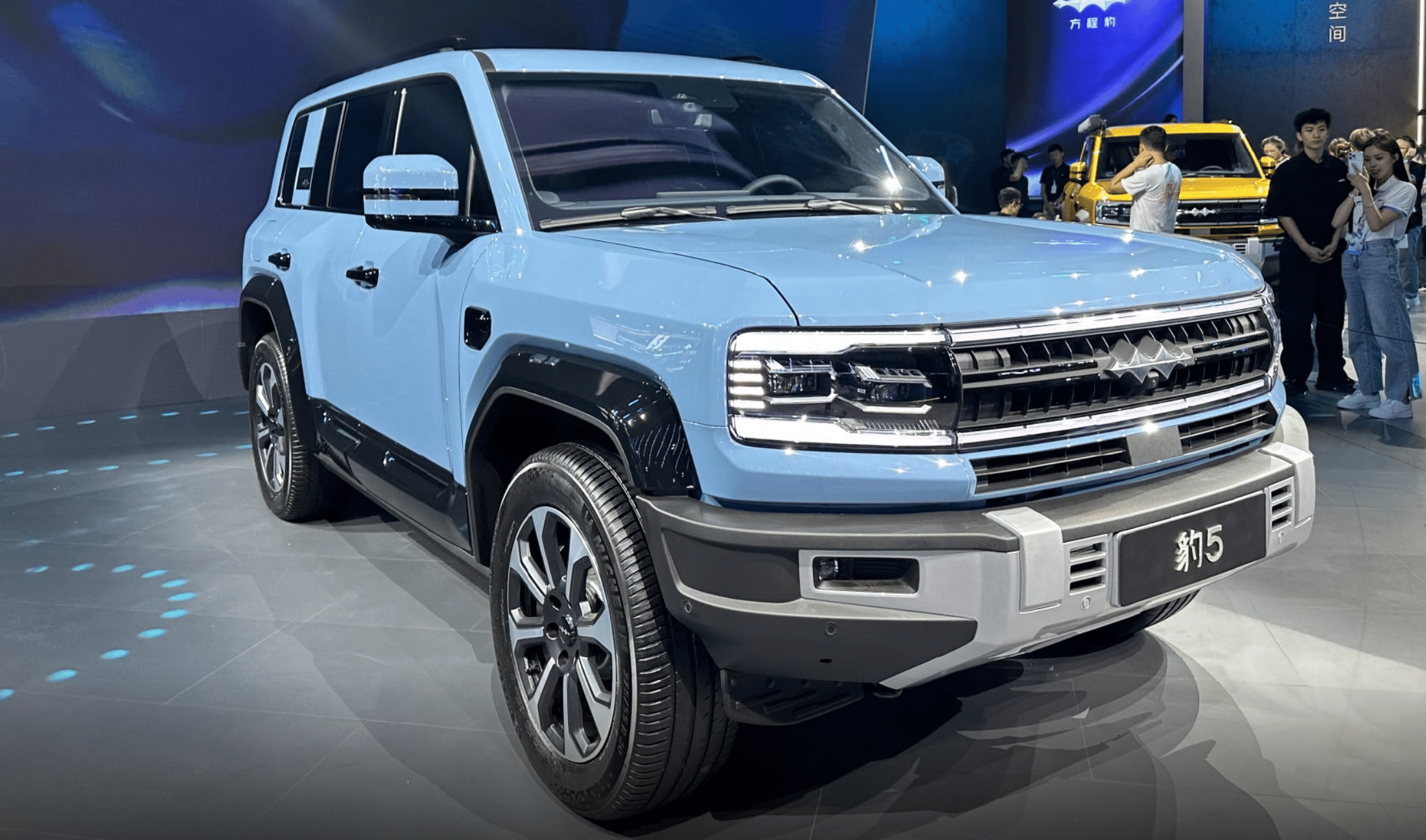
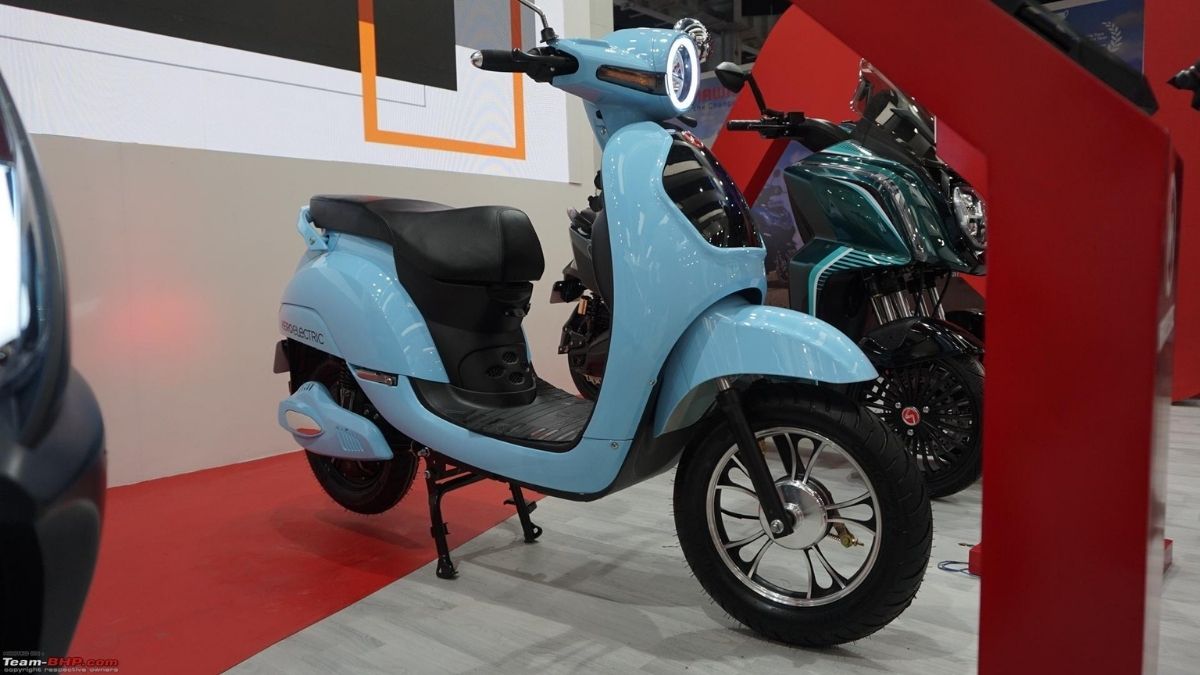
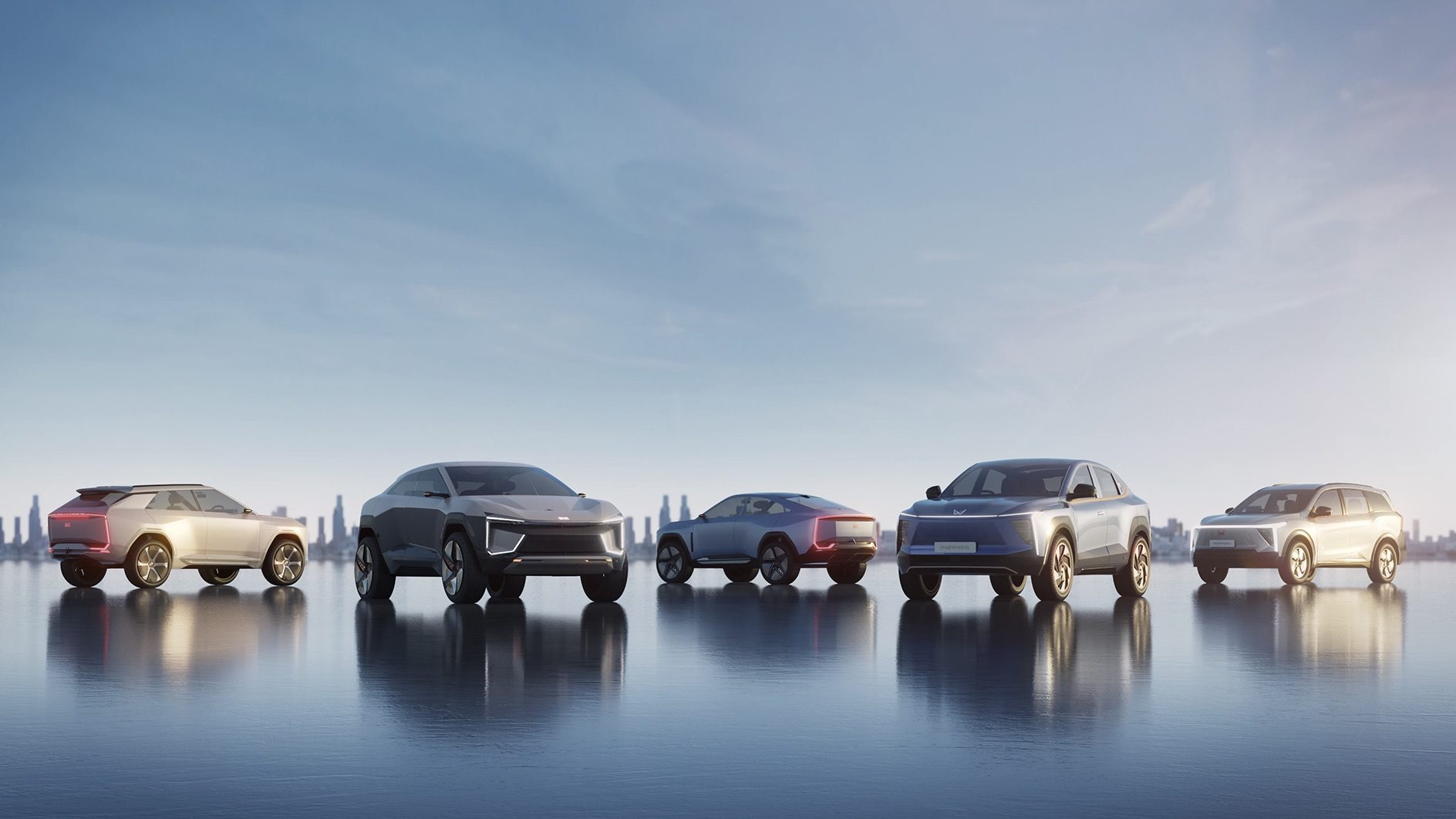
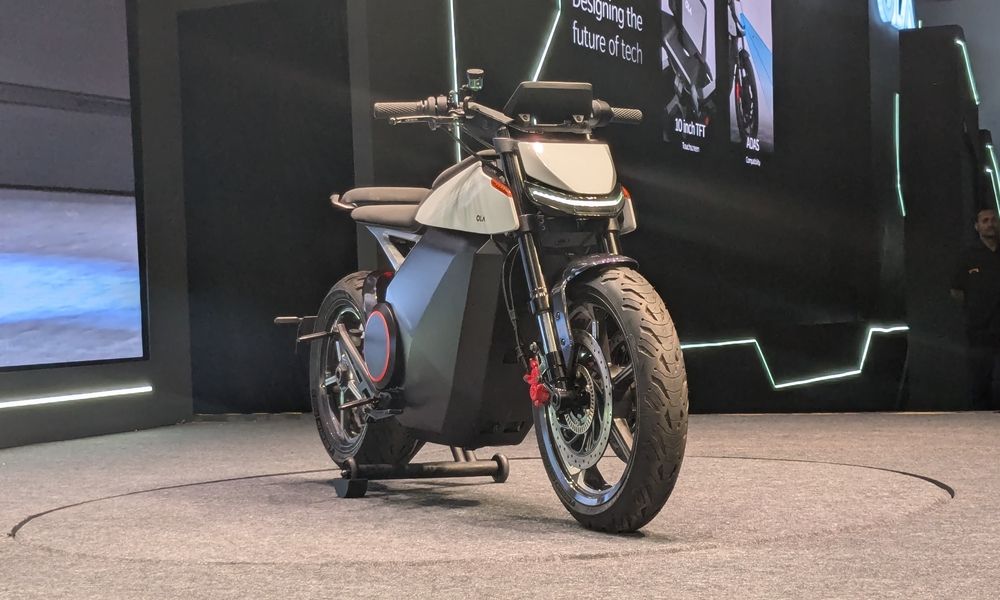

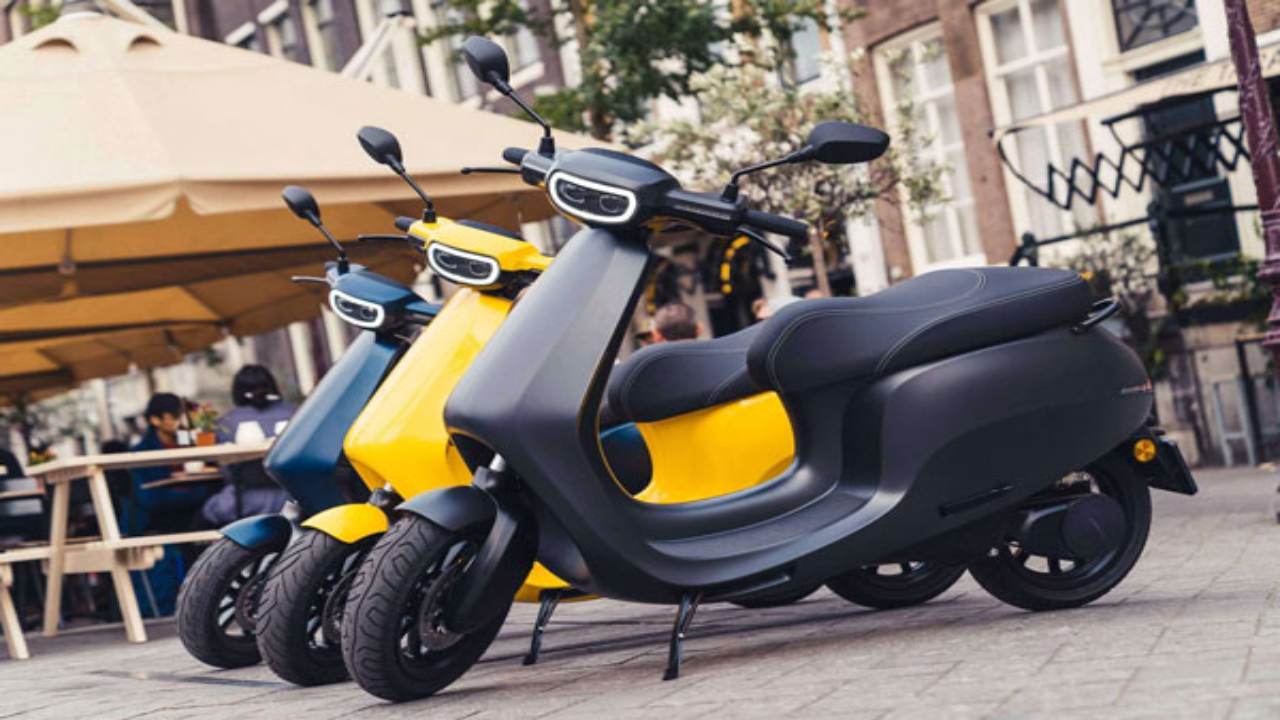

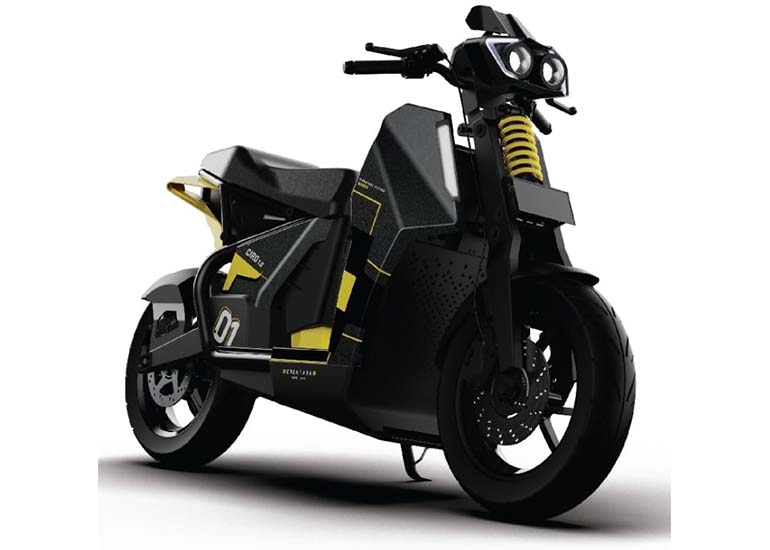


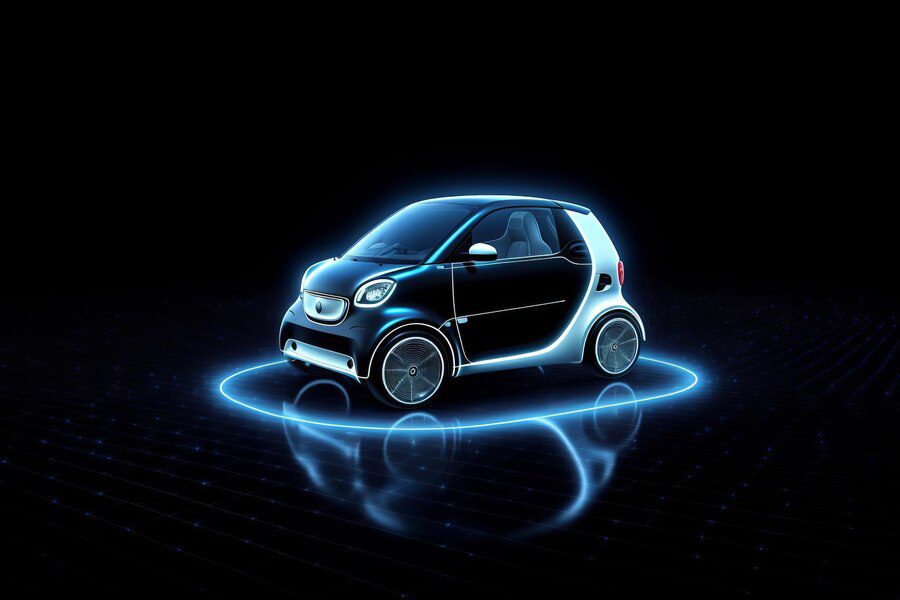
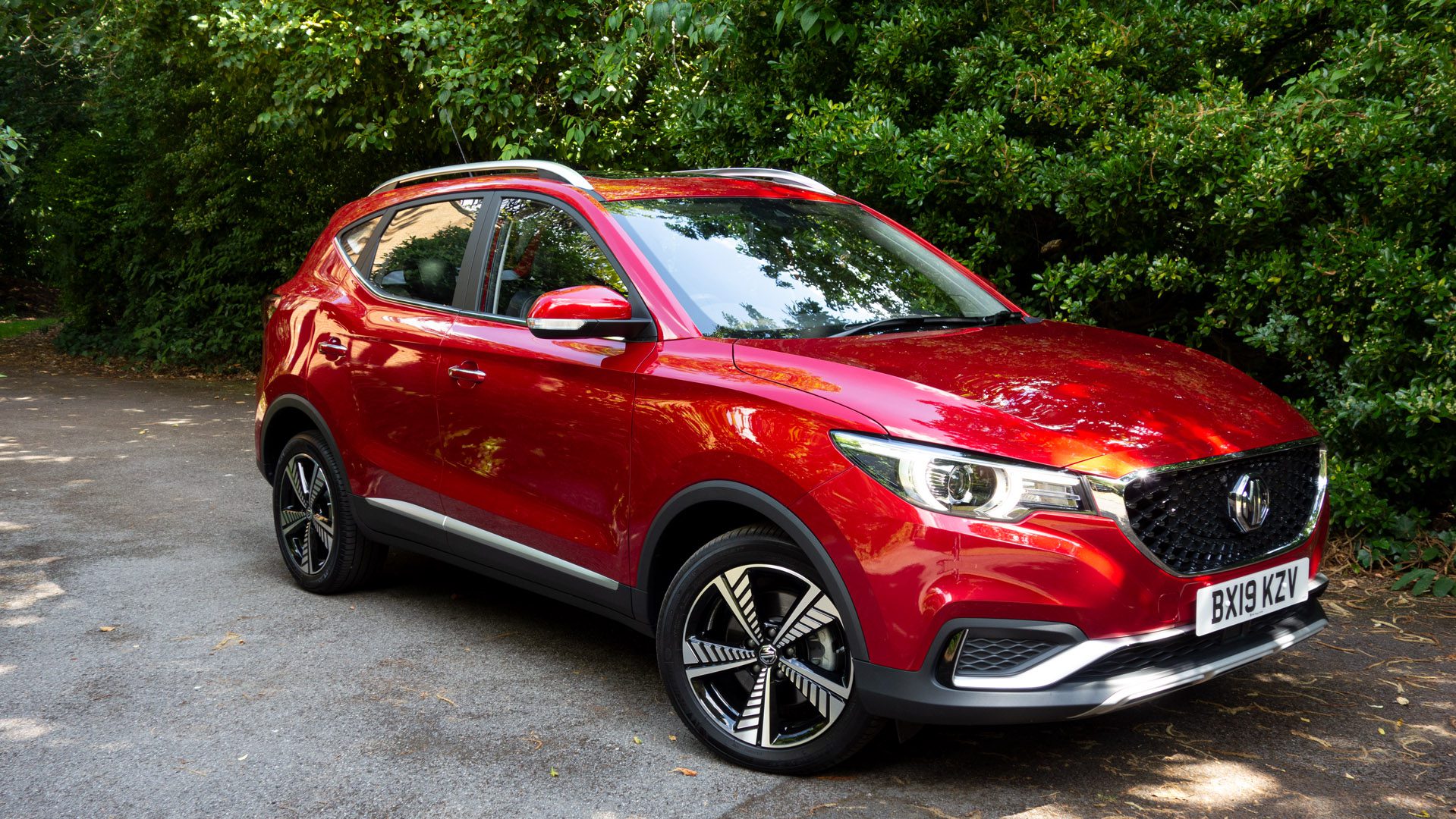





Leave feedback about this